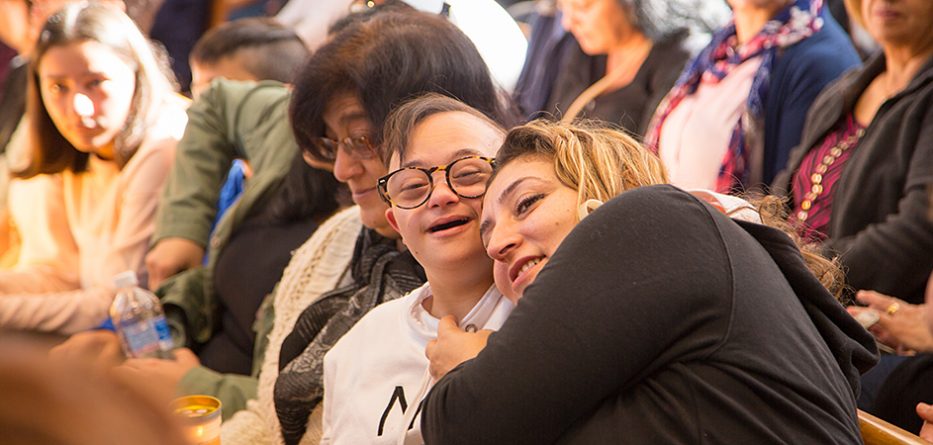In a set of updated guidelines for catechesis released Thursday, the Vatican weighed in on what has long been a debate among theologians, insisting that the Church’s sacraments are a gift, and as such, they cannot be denied to disabled people.
“People with disabilities are called to the fullness of sacramental life, even in the presence of serious disturbances,” the new guidelines said, insisting that “The sacraments are gifts of God and the liturgy, which even before being understood rationally, ask to be lived: therefore, no one can deny the sacraments to people with disabilities.”
“The community that knows how to discover the beauty and joy of the faith of which these brothers are capable becomes richer,” they said. “This is why pastoral inclusion and involvement in liturgical action, especially Sunday, is important.”
Calling people with disabilities an “opportunity for growth” for the Church, the Vatican said that their presence can help Catholics to “overcome cultural prejudices.”
Stressing that disabled people are witnesses to “the essential truths of human life,” the Vatican said they must be welcomed in ecclesial communities “as a great gift,” and that for local churches the task of not just welcoming the disabled into catechesis courses, but they must take action “for a culture of inclusion against the logic of waste.”
“People with intellectual disabilities live the relationship with God in the immediacy of their situation and it is necessary and dignified to accompany them in the life of faith,” they said, insisting that catechists must find new ways to teach the faith, with distinct language and methods attuned to the needs of the disabled.
To continue reading this article, click here.
With thanks to Crux and Elise Ann Allen, where this article originally appeared.








